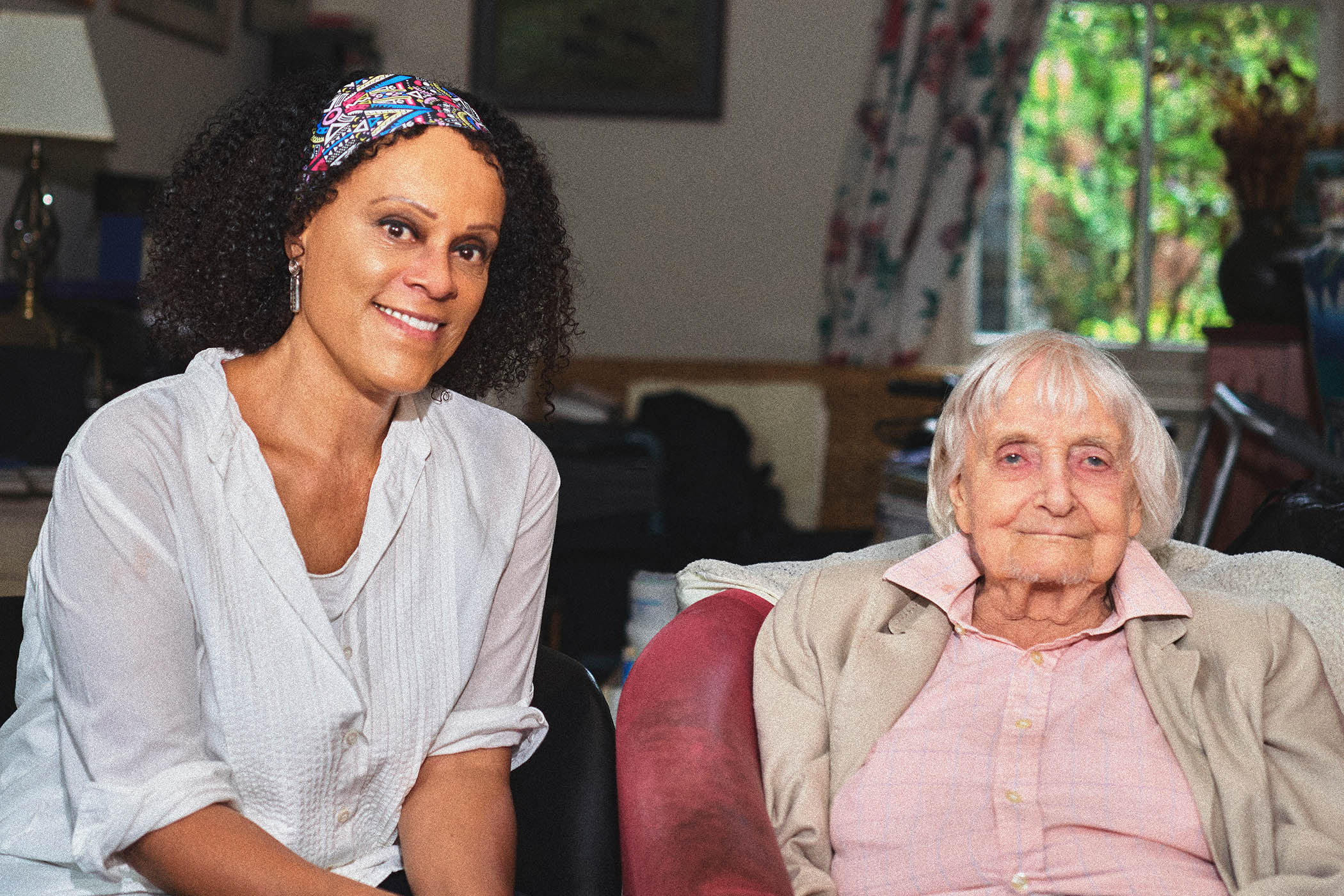This summer I received the one-off Women’s prize outstanding contribution award in honour of its 30th anniversary. Along with this unexpected honour came a windfall of £100,000, which I decided should be put to use for the greater good. It’s no secret that older women writers tend to be overlooked, while older male writers often enjoy substantial careers until they topple over into their graves. As an older woman myself, my fortunes radically improved when I won the Booker prize in 2019, and it felt that this latest bonanza was one to share, not to keep.
This is why I’ve founded the RSL Pioneer prize, designed to honour and thank trailblazing women writers over 60. As I come to the end of my four-year tenure as president of the Royal Society of Literature, it felt fitting to offer it to them. Over the next decade, a woman writer, chosen by a different jury each year, will receive this award and prize money of £10,000.
However, for the first year of the prize, I decided to unilaterally choose the recipient. It was a no-brainer to me that it should go to the inspirational writer and campaigner Maureen Duffy. Now in her 90s, Duffy has forged a singular path for herself as the writer of more than 60 works, including poetry, fiction, plays for theatre, radio and television, and nonfiction, including the first major biography of the 17th-century woman playwright Aphra Behn. Alongside her prolific creativity, her activism for gay and author rights is unparalleled.
Born in 1933, Duffy has had a remarkable career considering she grew up poor, working class, in a single-parent family and illegitimate, with the terrible social stigma that then entailed. To compound it all, her mother, who had drummed into her that “the one thing they can’t take away from you is education”, died of tuberculosis when Duffy was 15. After grammar school, Duffy read English at King’s College London and has said she was the first in the history of her family in 400 years to not only go to university but to stay at school beyond the statutory leaving age.
Duffy’s first career was in theatre, joining the groundbreaking group of working-class playwrights such as Arnold Wesker and Edward Bond, who formed the Royal Court Writers’ Group in the late 1950s. In 1968, she was one of five women to have plays commissioned for a special season at the National Theatre; her riotous play Rites, set in a women’s public toilet, was the most popular.
In 1966, her play The Silk Room, about a male pop group, opened at Watford Palace theatre, and in 1973, Hampstead Theatre Club staged her play about the last hour of Virginia Woolf’s life, A Nightingale in Bloomsbury Square.
Duffy’s brave campaigning for gay rights began in the 1960s, when she came out as lesbian
Duffy’s brave campaigning for gay rights began in the 1960s, when she came out as lesbian
Between 1968 and 2016, Duffy published nine collections of poetry, including a humanist mass. The first of her 20 novels, the brilliant, semi-autobiographical, That’s How It Was (1962), drew on her own childhood and ends with the teenage protagonist discovering her lesbian sexuality. The Microcosm (1966), a more complex, wildly experimental novel, explores lesbianism further. Thereafter, the sheer range of Duffy’s fiction is remarkable, encompassing multiple genres and utilising a mythological toolkit that spans ancient Greece, Britain and Europe.
Her honours are also impressive, including a longlisting for the Booker prize in 1998 for her novel Restitution. Heralded throughout the decades by critics, Duffy was described by the novelist Sarah Waters as “a unique literary talent. Provocative, informed, fiercely intelligent, her writing never fails to inspire and entertain.”
When I first encountered Duffy’s writing, about 10 years ago, I was astonished at how far ahead she was for her time – a true literary innovator. When I visited her at home recently, to share the news of the prize, I asked how she felt about being called a pioneer. She replied, with a delightfully down-to-earth conviction, “I just did what had to be done.”
And this was to fight for the rights of others. Her brave and tireless campaigning for gay rights began in the early 1960s, when she became one of the very first public figures to come out as lesbian. She has also spent her life dedicated to public service for writers with a multitude of organisations, and she was a major driving force behind the foundation of the Authors’ Licensing and Collection Society in 1977, which has now paid out more than £700m to writers in licensing fees. All writers are indebted to her.
Newsletters
Choose the newsletters you want to receive
View more
For information about how The Observer protects your data, read our Privacy Policy
While Duffy has sadly slipped from view of late – her last poetry collection, Wanderer, was published in 2020 and her most recent novel, In Times Like These, in 2013 – she deserves to be better known to younger generations. On so many levels, she is an icon, a legend and – most importantly – she is still with us. Let’s celebrate her life and legacy now.
Bernardine Evaristo’s most recent book is Manifesto: On Never Giving Up (Penguin). Order a copy from The Observer Shop; delivery charges may apply
Photography by Leo Cackett
